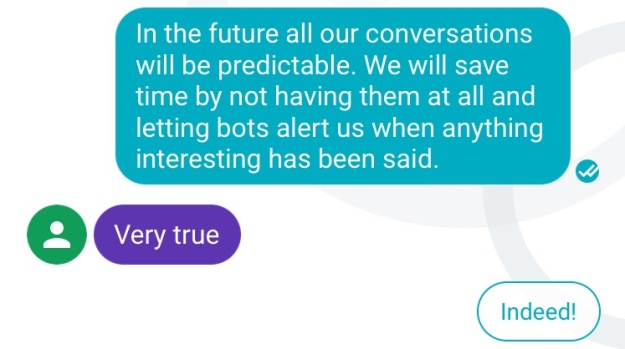
Last week saw the third Data Journalism UK conference, an opportunity for the country’s data journalists to gather, take stock of the state of the industry and look at what’s ahead.
The BBC Shared Data Unit’s Pete Sherlock kicked off the event, looking back at the first 18 months of the unit’s existence. In that period the unit has trained 15 secondees and helped generate over 600 stories across more than 250 titles in the regional press.
Sherlock highlighted two stories in particular to demonstrate how the data unit had helped equip regional reporters in holding power to account: the Eastern Daily Press’s Dominic Gilbert‘s story on legal aid deserts, and JPI Media’s Aimee Stanton‘s report on electric car charging points.
Both stories resulted in strong pushback – from the Ministry of Justice and the electric car industry respectively – but their new data journalism skills gave them the confidence to persist with the story. Continue reading






 Google organised a free workshop on 14 December 2015 in Birmingham focused on how journalists can use technology to improve and complement their stories.
Google organised a free workshop on 14 December 2015 in Birmingham focused on how journalists can use technology to improve and complement their stories.
